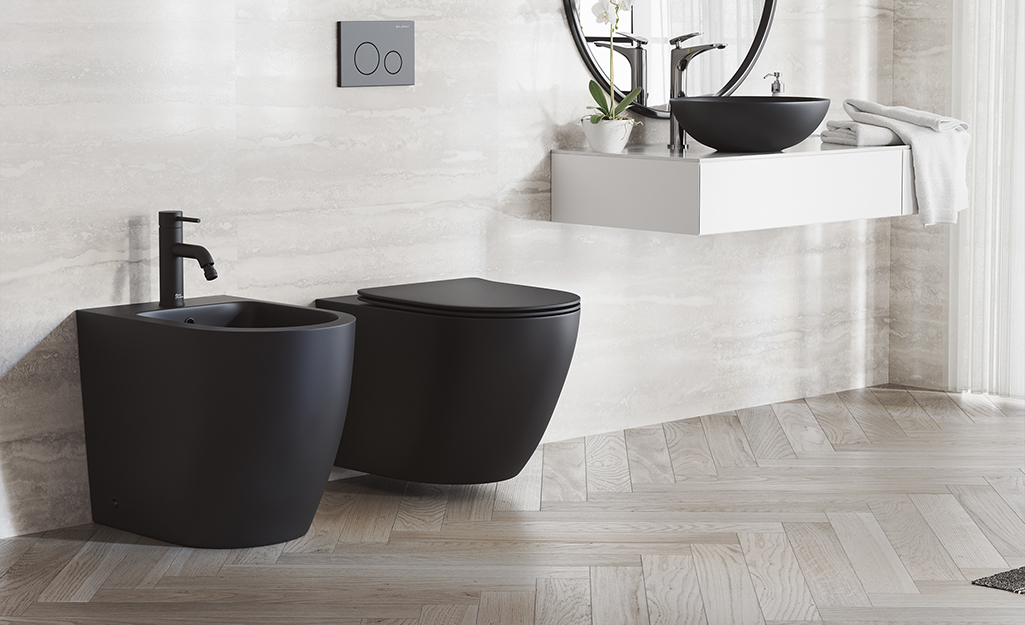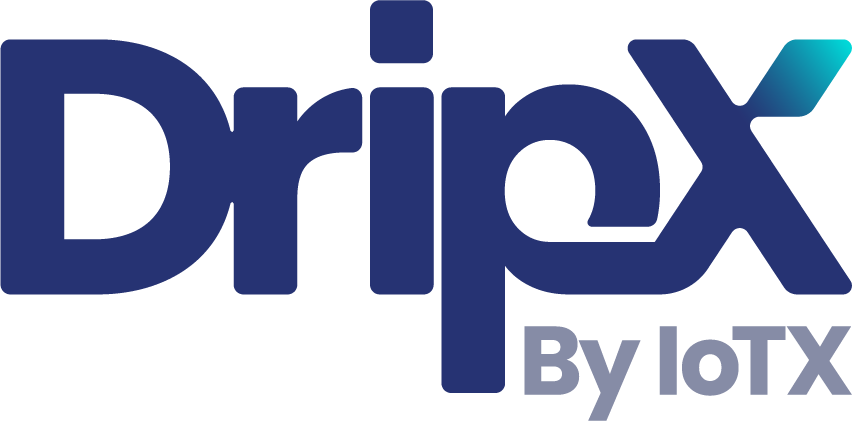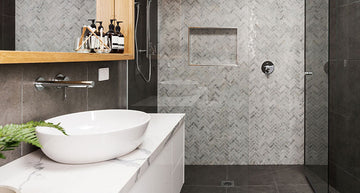The rapid advancement of technology has given rise to innovative solutions aimed at safeguarding homes and businesses. Among these are smart water leak sensors, which are becoming increasingly vital for the QA industry. With the potential to prevent extensive water damage and reduce unnecessary water wastage, these sensors are revolutionizing how we approach leak detection.
For industry professionals, understanding the nuances of these devices is crucial. In this article, we'll explore the mechanics of smart water leak sensors, their integration into existing systems, and the benefits they present to both consumers and businesses.

What Are Smart Water Leak Sensors?
Smart water leak sensors are devices designed to detect the presence of water in areas where it shouldn't be. They work by using various technologies, such as moisture and humidity sensors, to identify leaks and send alerts to homeowners or facility managers.
These sensors can be integrated into broader home automation systems or operate as standalone devices. When a leak is detected, the sensor sends a signal to a connected app or home network, allowing for immediate action to prevent further damage.
How Do Smart Water Leak Sensors Work?
The functionality of smart water leak sensors relies on a combination of hardware and software. The hardware component typically includes sensitive probes that detect moisture levels. When water is detected, the sensor triggers an alert that is sent to the user's smartphone or other connected devices.
In addition to alerting users, some advanced systems can automatically shut off the main water supply, significantly reducing the risk of water damage. This feature is particularly beneficial in apartment buildings and commercial facilities, where water leaks can affect multiple units.
The Importance of Smart Water Leak Sensors in the QA Industry
The QA industry plays a pivotal role in ensuring the reliability and effectiveness of products. Smart water leak sensors align with these goals by offering a reliable means of detecting and mitigating water-related issues before they escalate into significant problems.
For QA professionals, understanding how these sensors function and how they can be tested is vital. This knowledge not only aids in product development but also ensures that consumers receive reliable and effective solutions.
Benefits of Implementing Smart Water Leak Sensors
The implementation of smart water leak sensors offers numerous benefits, including:
- Prevention of Water Damage: By detecting leaks early, these sensors prevent costly repairs and property damage.
- Water Conservation: Early leak detection helps conserve water, aligning with environmental sustainability goals.
- Peace of Mind: Users can receive real-time alerts, allowing them to take immediate action and avoid stressful situations.
Moreover, the integration of these sensors into smart bathroom designs ensures that they complement modern living spaces while providing essential functionality.
Challenges and Considerations
Despite their benefits, there are challenges associated with implementing smart water leak sensors. These include:
- Initial Costs: The upfront cost of installing these systems can be a deterrent for some consumers.
- Integration Issues: Ensuring compatibility with existing systems can pose technical challenges.
- Maintenance: Regular maintenance and updates are necessary to ensure optimal performance.
It's essential for the QA industry to address these challenges by providing clear guidelines and support to consumers and businesses.
Conclusion
In conclusion, smart water leak sensors represent a significant advancement in the prevention of water damage and the promotion of water conservation. For the QA industry, these sensors provide a unique opportunity to enhance product offerings and ensure consumer satisfaction.
As technology continues to evolve, the importance of reliable and efficient leak detection systems will only increase. By embracing these innovations, the QA industry can play a crucial role in shaping a more sustainable and secure future.

FAQs
1. How do smart water leak sensors alert users?
These sensors typically send alerts via smartphone apps, allowing for immediate action. Some systems can also trigger automatic shut-off valves to prevent further damage.
2. Are smart water leak sensors easy to install?
Yes, most smart water leak sensors are designed for easy installation and can be integrated into existing home automation systems.
3. Can these sensors be used in commercial settings?
Absolutely, smart water leak sensors are suitable for both residential and commercial applications, offering scalable solutions for larger facilities.






